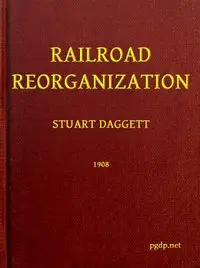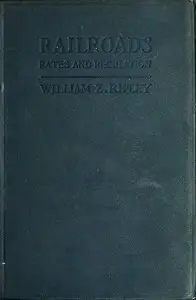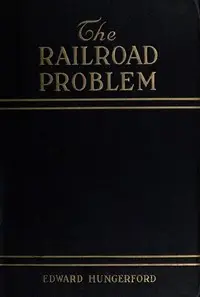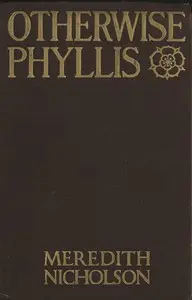"The Heart of the Railroad Problem" by Frank Parsons is a study of the problems with railroads in the United States during the early 1900s. It looks at how railroads were unfairly treating different types of shippers and harming the economy. The author uses research from trips to Europe and the United States to explain the unfairness in the railroad system, focusing on how the railroads should be fair to everyone, but they were giving big shippers special treatment, despite laws aimed at creating equality. Parsons aims to show why railroads acted the way they did and how to fix these problems using ideas from other countries and experiences from America's past.
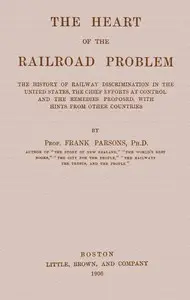
The heart of the railroad problem The history of railway discrimination in the United States, the chief efforts at control and the remedies proposed, with hints from other countries
By Frank Parsons
Uncover an era where railway favoritism dictated economic winners and losers, revealing a battle for fairness on the American tracks.
Summary
About the AuthorFrank Parsons was an American professor, social reformer, and public intellectual. Although he was educated as an engineer at Cornell University, he passed the Massachusetts state bar examination and became a lawyer in 1881. Parsons was a lecturer at Boston University School of Law for more than a decade and taught at Kansas State Agricultural College from 1897 to 1899. As a leading social commentator of the Progressive Era, Parsons authored a dozen books and more than 125 magazine and journal articles on a wide range of reform topics, including currency reform, regulation of monopolies, municipal ownership, establishment of direct democracy, and other matters. Parsons is also widely regarded as the father of the vocational guidance movement.
Frank Parsons was an American professor, social reformer, and public intellectual. Although he was educated as an engineer at Cornell University, he passed the Massachusetts state bar examination and became a lawyer in 1881. Parsons was a lecturer at Boston University School of Law for more than a decade and taught at Kansas State Agricultural College from 1897 to 1899. As a leading social commentator of the Progressive Era, Parsons authored a dozen books and more than 125 magazine and journal articles on a wide range of reform topics, including currency reform, regulation of monopolies, municipal ownership, establishment of direct democracy, and other matters. Parsons is also widely regarded as the father of the vocational guidance movement.

